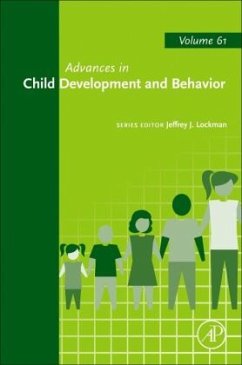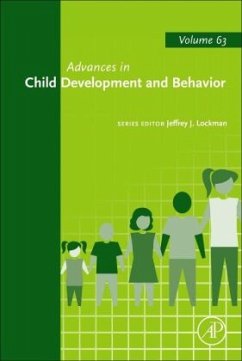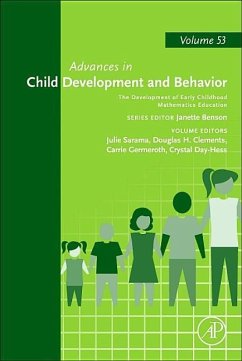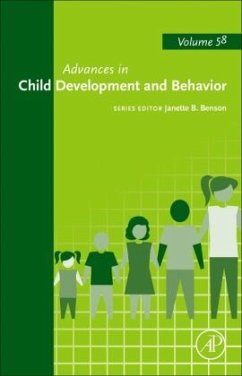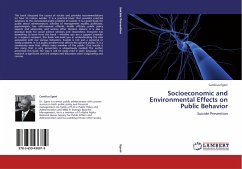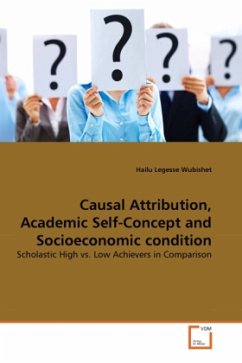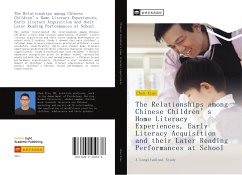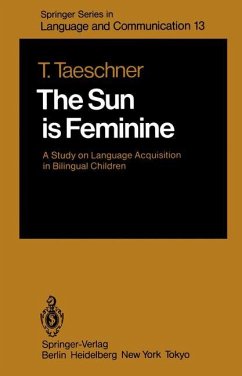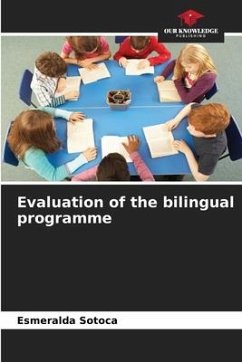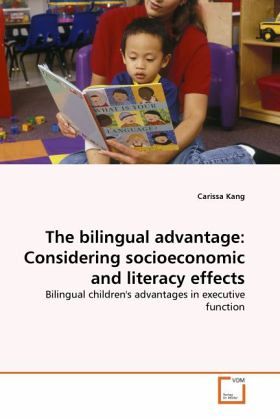
The bilingual advantage: Considering socioeconomic and literacy effects
Bilingual children's advantages in executive function
Versandkostenfrei!
Versandfertig in 6-10 Tagen
32,99 €
inkl. MwSt.

PAYBACK Punkte
16 °P sammeln!
It has been documented that bilingual children often outperform monolingual children in executive attention because of their long-term practice of controlling attention between two languages. This study aimed to examine whether different levels of literacy of bilinguals influences executive attention when differences in SES and linguistic proficiency are controlled for. Twenty eight 6-year-old English- Chinese bilingual children of identical SES and literacy level were recruited. Results indicated that the bilingual group with higher literacy level did significantly better than the other group...
It has been documented that bilingual children often outperform monolingual children in executive attention because of their long-term practice of controlling attention between two languages. This study aimed to examine whether different levels of literacy of bilinguals influences executive attention when differences in SES and linguistic proficiency are controlled for. Twenty eight 6-year-old English- Chinese bilingual children of identical SES and literacy level were recruited. Results indicated that the bilingual group with higher literacy level did significantly better than the other group on overall accuracy of the ANT although both groups were balanced English-Chinese bilinguals. However, in terms of the mean reaction time, no significant differences were found between both groups. In addition, controlling for SES differences did not attenuate the bilingual advantage in cognitive control, and the linguistic proficiency of bilinguals did not play a role in diminishing the bilingual advantage.



